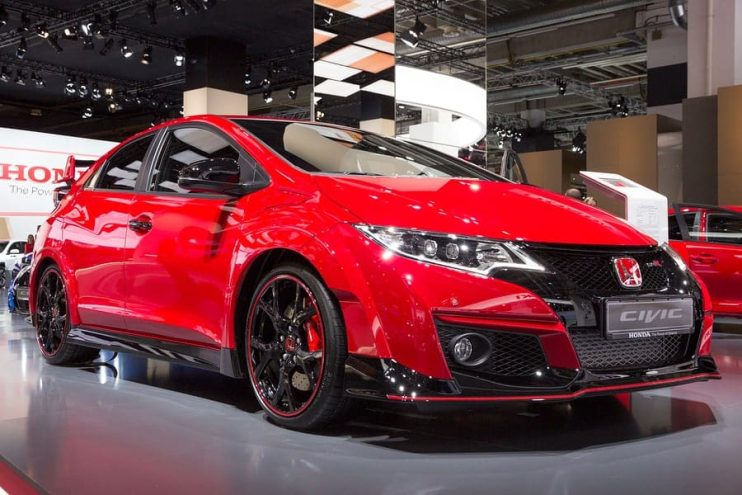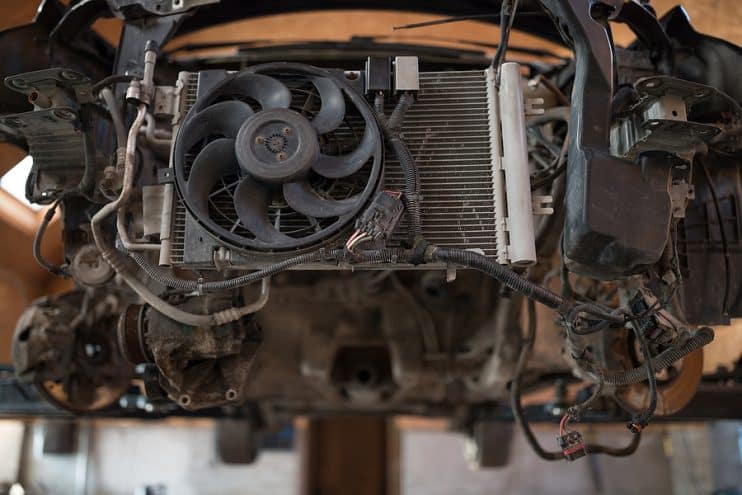
The Honda Civic is a great small car that does well for years. However, like all second-hand cars it is prone to some faults across different makes and models. If you are considering buying one of these little run arounds, what are the warning signs you need to be wary of when taking it for a test drive?
Steering Problems
Known to affect Civics from 2006, this issue will show itself in a test drive. If the steering seems a little off then a repeated problem with the steering rack and tie rod, which is used for steering control is the likely culprit. Alternatively, if there is slack in the steering, the issue is most likely to be with the tie rod, and this will need to be fixed by a mechanic.
Handbrake
With nearly 80,000 cars recalled in 2006-2007 it’s unlikely a vehicle with this problem will have escaped the net. Faults in the handbrake mechanism could lead to it becoming released while parked. Check that the required work has been completed in any potential purchase from around this period.
Brake
Looking at a Civic from 2010? Then be sure to check that the brake distances are normal. Some vehicles manufactured around this time were lacking a vital pin in the linkage system. Another key sign that your prospective purchase is suffering from this problem is that the brake pedal depresses further than you’d normally expect.
Transmission
If you’re test driving a Honda Civic from 2001 to 2002 beware the vehicle stuttering or jerking during acceleration. Why? Because models from this time window are reported to have widespread transmission problems. Be on the lookout for transmission fluid leaks that are one of the key give-away signs that a car is suffering from this problem.

HVAC Issue
Check the fan in any second hand Civic from 2001-2004. These vehicles often have a problem with the control unit for the Heating Ventilation and Air Conditioning system that either means the fan is stuck on full blast or won’t engage at all. If this problem is present in the car, then you may want to ask for a small reduction in price, rather than a full refusal of sale, as it is quite a simple fix for most mechanics.
Exhaust Manifold Issues
Not as serious as the transmission problems, certain models from the 2001-2002 production runs can be found with cracks and fissures in the exhaust manifold. Beware of excess fumes coming from the body of the car when you’re idling or revving the engine in a stationary position. This shouldn’t be a deal breaker as the part can be fixed at your mechanics.
Engine Block Issues
With all Honda Civics manufactured in 2006 there is a widely-reported problem with cracking occurring in the engine block. Check above the coolant channels for fissures. If there is any sign of damage, this will usually occur when the vehicle hits some 90,000 miles on the clock.
Premature Tyre Wear
There are reported problems with the 2006 Civic which has a problem with the rear control rod, leading to difficulties with premature wear on the rear tyres. Be sure to check the depth of the tyres on both sides and compare with the front tyres. This is quite a difficult problem to recognise without having time to examine the wear over time.
The Honda Civic is a great little vehicle that will keep you going for years without huge costs, as long as you make sure that you avoid the potential pitfalls in the first place.
For affordable replacement engines, gearboxes and more, check out our new and used Honda Civic parts page.




.png)